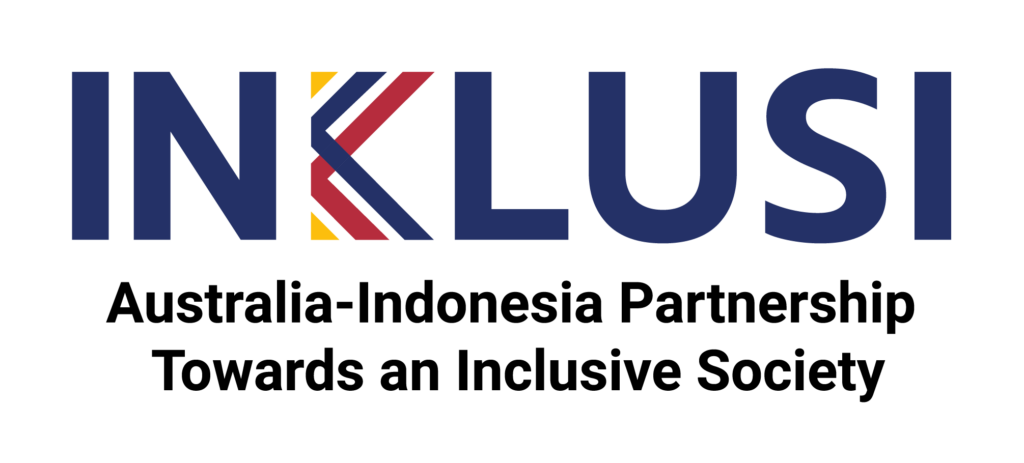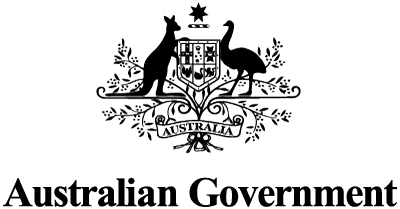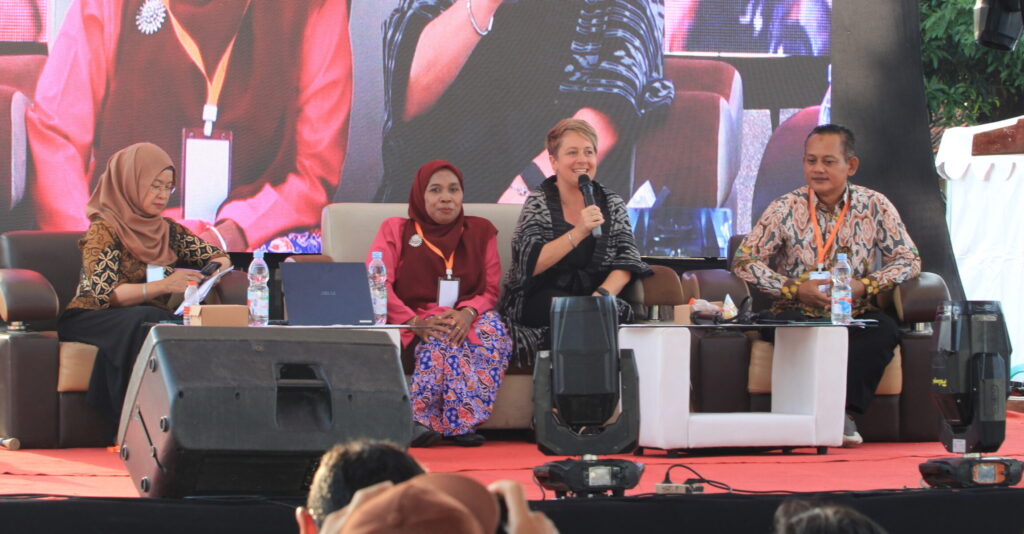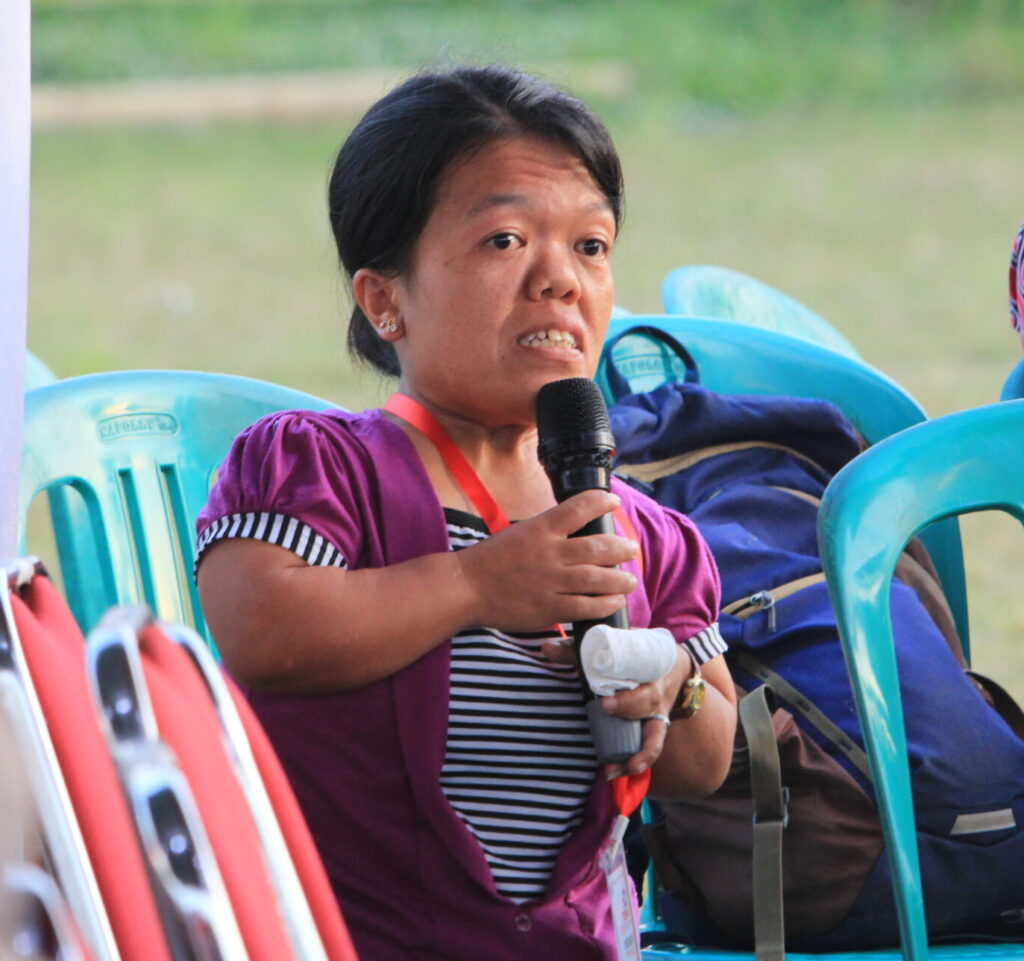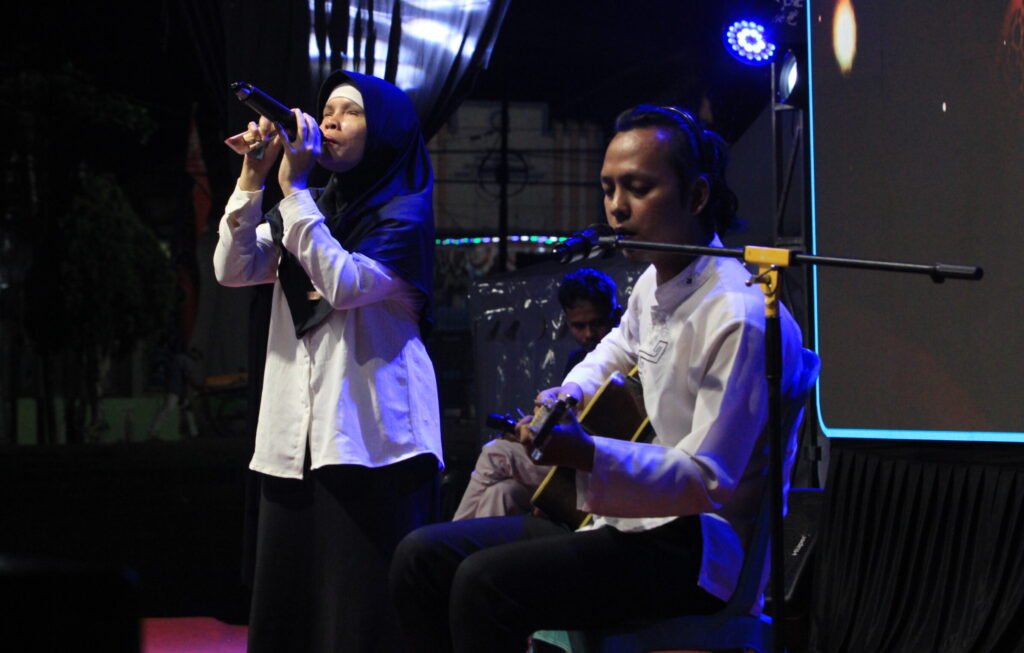CIREBON, 4 September 2025 — The Temu Inklusi 2025 concluded in Cirebon with a powerful message from Deputy Minister of Home Affairs, Bima Arya Sugiarto, who urged local governments to take the mainstreaming of disability inclusion seriously. In his closing speech, he emphasised that persons with disabilities are not passive recipients of policy but active subjects who can and must contribute to building a more inclusive Indonesia.
“I appreciate the format of this event, which has been substantive rather than ceremonial. Temu Inklusi puts persons with disabilities at the center, not as charity, but as equal partners in development,” said Bima Arya of the biannual national event.
He noted five persistent challenges in inclusive governance: the lack of integrated disability data, insufficient mainstreaming in regional planning documents, underdeveloped accessibility infrastructure, employment that remains symbolic, and the lack of meaningful participation in policy design.
A Space for Real Exchange for Persons with Disabilities
Temu Inklusi is a biannual national gathering of organisations of persons with disabilities, local governments, and communities, where best practices on disability inclusion are exchanged and promoted. Held from 2–4 September 2025 in Durajaya Village, Cirebon Regency, this year’s Temu Inklusi brought together 590 participants from 24 provinces. Participants lived with host families in a live-in arrangement, creating opportunities for daily interaction, mutual learning, and visibility of the capabilities of persons with disabilities.
“By living side by side, villagers could see how persons with disabilities go about their daily activities, demonstrating independence and resilience,” explained M. Joni Yulianto, Director of SIGAB and lead organiser. SIGAB (Sasana Inklusi dan Gerakan Advokasi Difabel Indonesia) is a leading organisation of persons with disabilities in the country.
For participants like Khusnul Khatimah, a Deaf representative from Makassar, the experience was transformative.
“Here I met many Deaf friends, learned from other communities, and experienced inclusion firsthand. This is vital not only for us, but also for government officials to witness,” she said.
Temu Inklusi was officially opened by Cirebon Regent Imron Rosyadi and the Coordinating Ministry for Human Development and Cultural Affairs (Kemenko PMK). Regent Imron noted the region’s steps toward inclusion, including thematic musrenbang and a Disability Action Plan involving more than 4,300 residents with disabilities.
Deputy Minister Woro Srihastuti Sulistyaningrum (Kemenko PMK) underlined the urgency of structural responses to persistent gaps: 13 percent of people with moderate to severe disabilities haven’t completed basic education; only 23.9 percent are employed; and 77 percent remain unemployed
“Inclusive development must be more than a document. It must be lived and implemented across sectors,” she emphasised.
Meanwhile, Deputy Minister of the National Development Planning/National Development Agency (Bappenas), Febrian Alphyanto Ruddyard, via video address, reaffirmed the inclusion of persons with disabilities as a core element of the 2025–2029 National Medium-Term Development Plan (RPJMN) and Indonesia’s Vision 2045. The newly introduced Disability-Inclusive Local Government Award was highlighted as an instrument of accountability.
Core Output: 13 Sectoral Recommendations
Temu Inklusi 2025 culminated in a set of 13 detailed sectoral recommendations developed through 12 thematic discussions, 2 national seminars, and 5 workshops. These recommendations were presented directly to government representatives.
“These are not ceremonial statements,” said Joni Yulianto. “They are a shared development agenda to be tracked and realised before we meet again in two years.”
The recommendations include disability data, focusing on the acceleration of the development of a national, integrated disability data system that’s accurate, NIK-based, regularly updated, and privacy-protected. Another recommendation touches upon inclusive basic, secondary, and higher education. These recommendations reflect a deeply participatory process, rooted in both community experience and policy expertise
With the theme “Commitment, Synergy, Action, and Innovation in Diversity for a Golden Indonesia 2045,” Temu Inklusi 6 demonstrated that disability inclusion is not a fringe issue—it is central to national resilience, justice, and prosperity.
The Inclusive Village (Desa Inklusif) model, now practiced in over 150 villages across five provinces, stands as one of its strongest legacies. As government institutions prepare to implement the next medium- and long-term development plans, Temu INKLUSI reminds us that policy without participation is just paperwork.
“Let’s not wait for inclusion to trickle down,” said Bima Arya in closing. “Let’s design it together, from the start.”
| No. | Sector | Recommendation Summary |
|---|---|---|
| 1 | Disability Data | Develop a national, integrated, and regularly updated disability data system that is accurate, NIK-based, and privacy-protected. |
| 2 | Inclusive Basic & Secondary Education | Harmonize regulations, strengthen Disability Service Units (ULDs), improve cross-sector data sharing, and expand access in partnership with OPDs. |
| 3 | Inclusive Higher Education | Ensure inclusive access pathways, reasonable accommodations, and mandatory inclusion indicators in accreditation and campus policy. |
| 4 | Inclusive Employment | Activate inclusive ULDs, enforce recruitment regulations, and promote workplace equality through civil society and private sector collaboration. |
| 5 | Inclusive Social Protection | Transform social protection schemes to be rights-based, adaptive, and data-driven with strong OPD involvement in outreach and monitoring. |
| 6 | Psychosocial Disability Rehabilitation | Shift from institutional models to community-based care with inter-ministerial coordination and rights-based service standards. |
| 7 | Legal Identity | Ensure accessible and inclusive civil registration services, especially in remote and underserved areas, supported by OPD assistance. |
| 8 | Inclusive Health Services | Expand access to early detection, rehabilitation, inclusive JKN coverage, and disability-aware healthcare training and systems. |
| 9 | Legal Aid & Justice Access | Reform laws and procedures to be disability-inclusive, expand accessible legal services, and train justice actors with OPD support. |
| 10 | Political Rights | Integrate disability perspectives into electoral law, ensure accessible polling and campaigns, and promote political representation. |
| 11 | Inclusive Village & Regional Development | Scale inclusive village models, align budget policies, and ensure accessibility with strong community and OPD engagement. |
| 12 | OPD & Civil Society Strengthening | Support OPDs with legal and financial resources, leadership training, and roles as development partners across sectors. |
| 13 | Budget Efficiency Impact | Ensure budget cuts do not undermine essential services for vulnerable groups; apply inclusive, rights-based budgeting frameworks. |
